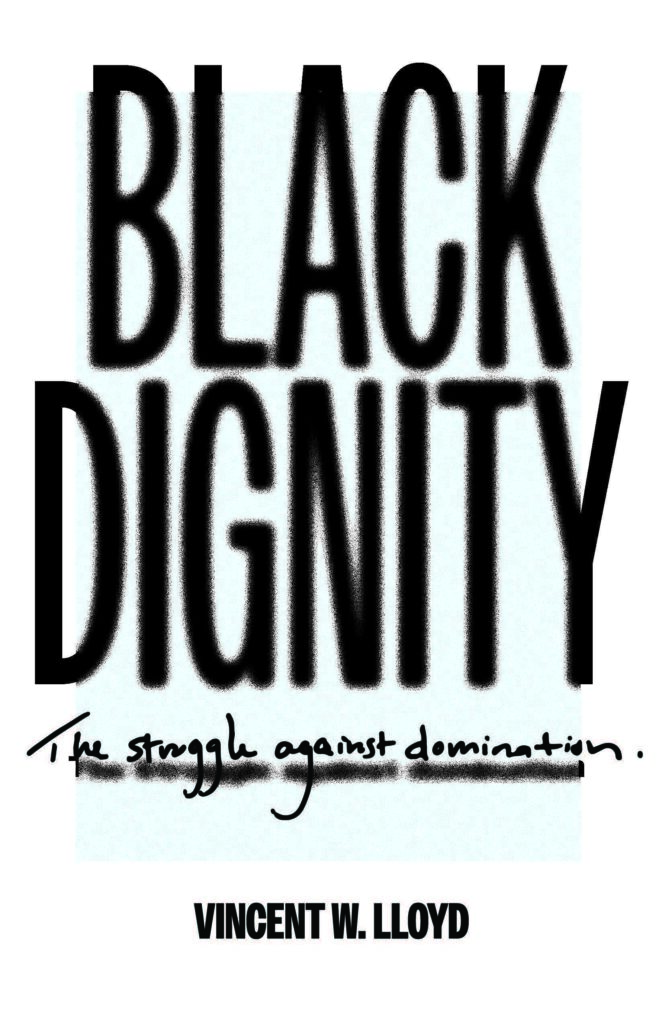 Confronting the push and pull between theory and practice has long challenged scholars in the field of religion and humanities more broadly. Should we take what our interlocutors say at face value without critically questioning their claims? Or should we apply a scholarly apparatus that ignores the content of their claims and instead prioritizes our theoretical concepts, whether it be the idea of the social (Durkheim), power (Foucault), or linguistics (Derrida or Butler). These questions, for much of the past century, even when they are attempting to take interlocutors “on the ground” seriously, have been asked behind the walls of academic institutions. Here, in spaces saturated with the norms of Whiteness the privileged could debate epistemology while ignoring (or instrumentalizing) those who suffered. The scholarly gaze is almost always directed from on high down to the people below, marking empathy and critique equally as practices of the dominant.
Confronting the push and pull between theory and practice has long challenged scholars in the field of religion and humanities more broadly. Should we take what our interlocutors say at face value without critically questioning their claims? Or should we apply a scholarly apparatus that ignores the content of their claims and instead prioritizes our theoretical concepts, whether it be the idea of the social (Durkheim), power (Foucault), or linguistics (Derrida or Butler). These questions, for much of the past century, even when they are attempting to take interlocutors “on the ground” seriously, have been asked behind the walls of academic institutions. Here, in spaces saturated with the norms of Whiteness the privileged could debate epistemology while ignoring (or instrumentalizing) those who suffered. The scholarly gaze is almost always directed from on high down to the people below, marking empathy and critique equally as practices of the dominant.
In Black Dignity: The Struggle Against Domination, Vincent Lloyd reverses the scholarly gaze and attempts, as he puts it, “to sketch out the vision of today’s racial justice movement.” In doing so, he goes on to note, “I also think with that vision, probe it, and give it shape and coherence that I did not find in the words of movement participants even as I take those words as starting points” (viii). Here Lloyd attempts, from within the academy, to outline an approach to “the object of one’s study” that refuses abstraction and empty displays of empathy.
Lloyd’s book begins in the midst of struggle, not at its end or beginning. In the preface he describes his own path to engaging Black thought by reflecting on the murder of Michael Brown in Ferguson, Missouri, and his attempts to reckon with the movement that arose in that event’s wake. Through chapters conceptualizing Black rage, Black love, Back family, and Black magic, Lloyd thinks with the Movement for Black Lives, not as a singular moment in history, but as part of a tradition of engagement among Black thinkers and activists. The central feature of these chapters is the concept of Black dignity, which Lloyd defines as “the struggle against domination” (2). Dignity, for Lloyd, is a praxis rather than an essential aspect of identity; it is not fixed, it is found through struggle rather than preceding it or following it. Dignity is accompanied by a “moral vocabulary” that has been constructed over years of building movements in the struggle against domination. In Black rage, for example, we find anger multiplied because of the all-invasive nature of racist domination in our society. “Once we collectively attend to the uncomfortable truths [Black rage] reveals, we are moved to act together against those parts of the world that are built on lies” (54).
In the essays collected here, scholars reflect on the impact of Lloyd’s argument for those invested in struggles against domination in the communities in which they find themselves. Shaul Magid, for example, draws on Lloyd’s work to think through Zionist settler colonialism in Palestine/Israel. For Magid, Zionism mirrors anti-Blackness in the US by telling a false story to justify its dominance. It does so, further, in ways that continue to hide the deep and pervasive asymmetry in power that exists in Israel/Palestine today. Siphiwe Dube, meanwhile, takes Lloyd’s argument to his own South African context. Dube contends that the domination that Lloyd describes as present in the US is also present in South Africa and indeed many other countries with majority and minority Black populations. The antidote to this continued domination is collective action and active discernment by those involved in the struggle to meet the demands of the moment.
Rosetta Ross reflects on Lloyd’s emphasis on the voices of Black feminist and womanist scholars in his book and the way they help flesh out the parallels between his conceptualization of dignity and the concept of Black consciousness. Ross ends her piece by noting the impact of Lloyd’s work for imagining an everyday way of living that is responsive to the reality of domination. Traci C. West, finally, delves more deeply into Lloyd’s consideration of Black love, noting that the balancing of love with justice that Lloyd argues is required in the struggle against domination is one that corrects simplistic readings of figures like Martin Luther King Jr. She pushes Lloyd to further consider the misogyny of a figure like Eldridge Cleaver, who exercises an important influence in Black political movement spaces. She does so in the spirit of discernment that is characteristic of the way Lloyd approaches other figures in the book.
Weaving these various responses together is an abiding concern with rooting out domination where we find it and remaining relentless in our criticism of those people, institutions, and discourses, that would preserve it. As Lloyd remarks towards the end of the book, doing so requires not merely virtue, but a willingness to continually confront domination in our communities and in ourselves. We are called to an asceticism that refuses the comforts of domination. Here the rigors of the life of the cloistered monk who denies the pleasures of this world for the sanctity of another are reimagined towards a world without domination.

